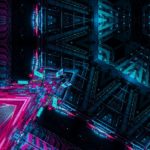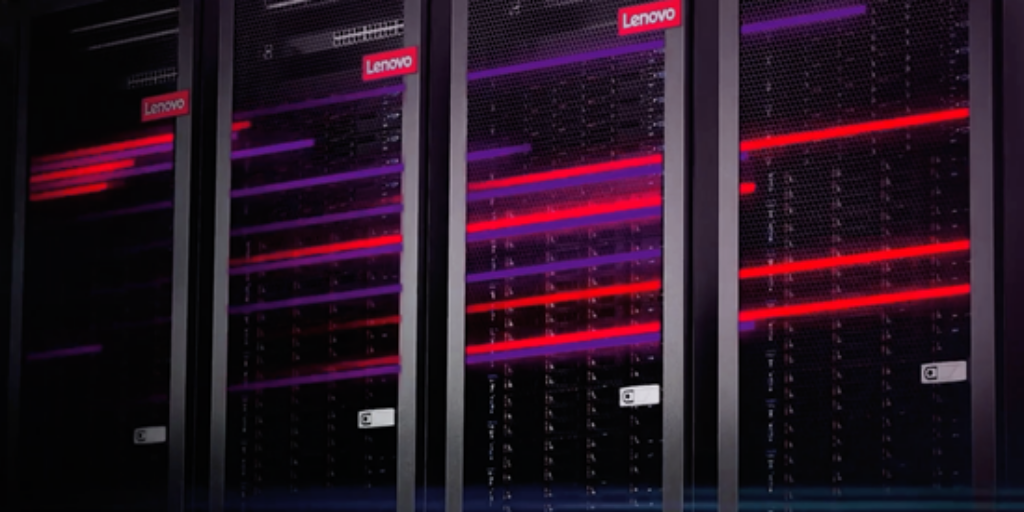Riverlane and Rigetti Computing (Nasdaq: RGTI) today announced their participation in a project led by the US Department of Energy’s Oak Ridge National Laboratory (ORNL) to explore the challenges of integrating a quantum computer with a large-scale, supercomputing centre. Quantum computers will play an important role in the future of computing as they promise to solve problems […]
Riverlane and Rigetti Partner with Oak Ridge Lab on HPC-Quantum Integration
HPC System Analyst Jackie Scoggins Reflects on Her Time at NERSC
As part of cthe 50th anniversary celebrations for the National Energy Research Scientific Computing Center (NERSC), “In Their Own Words” is a Q&A series featuring voices from across the NERSC landscape, past and present, about their experiences at NERSC. Jackie Scoggins arrived at NERSC in 1996 as a system analyst and administrator for the Computational […]
DOE: E4S for Extreme-Scale Science Now Supports Nvidia Grace and Grace Hopper GPUs
E4S, the open source Extreme-Scale Scientific Software Stack for HPC-AI scientific applications, now incorporates AI/ML libraries and expands GPU support to include the Nvidia Grace and Grace Hopper architectures. E4S is a community effort to provide open-source….
Dawn Rising: UK’s Top AI Supercomputer Begins Operations at Univ. of Cambridge
The UK’s most powerful AI supercomputer, an Intel-Dell system called Dawn (Phase 1, pictured here), is up and running at a University of Cambridge data center. The system is powered by more than 1,000 Intel Data Center GPU Max Series chips and more….
NCSA Aids Researchers with AI on Multiple Fronts
NCSA is the caretaker and manager of the Delta supercomputer, but that means more than just making sure the machine is running. The Center recently worked with the Argonne National Laboratory (ANL) on their research using AI to identify materials capable of passively capturing carbon. Delta’s powerful AI capabilities were used in this collaborative effort, which also […]
Exascale’s New Software Frontier: LatticeQCD for Particle Physics
“Exascale’s New Frontier,” a project from the Oak Ridge Leadership Computing Facility, explores the new applications and software technology for driving scientific discoveries in the exascale era. The Science Challenge One of the most challenging goals for researchers in the fields of nuclear and particle physics is to better understand the interactions between quarks and gluons — […]
Exascale: Bringing Engineering and Scientific Acceleration to Industry
At SC23, held in Denver, Colorado, last November, members of ECP’s Industry and Agency Council, comprised of U.S. business executives, government agencies, and independent software vendors, reflected on how ECP and the move to exascale is impacting current and planned use of HPC….
NSF Announces $12M Funding Opportunity to Lower Latencies for Wireless Networks
Feb. 212, 2024 — The U.S. National Science Foundation published a new funding opportunity designed to bring together innovators in wireless communications to develop and validate low-latency communications technologies that have the potential to transform how Americans live, work and interact with one another. To learn more, read the Breaking Low funding opportunity and register for an introductory […]
HPC News Bytes 20240219: AI Safety and Governance, Running CUDA Apps on ROCm, DOE’s SLATE, New Advanced Chips
Happy President’s Day morning to everyone! Today’s HPC News Bytes races (6:22) around the HPC-AI landscape with comments on: developments in AI security and governance, running CUDA (NVIDIA) apps on ROCm (AMD), DOE’s Exascale Software Linear….
Pawsey Adds NVIDIA CUDA Quantum Platform for R&D Simulations
SYDNEY—SCA2024—Feb. 19, 2024—NVIDIA today announced that Australia’s Pawsey Supercomputing Research Centre will add the NVIDIA CUDA Quantum platform accelerated by NVIDIA Grace Hopper Superchips to its National Supercomputing and Quantum Computing Innovation Hub, in support of its quantum R&D work. Researchers at the Perth-based center will leverage CUDA Quantum — an open-source hybrid quantum computing […]













